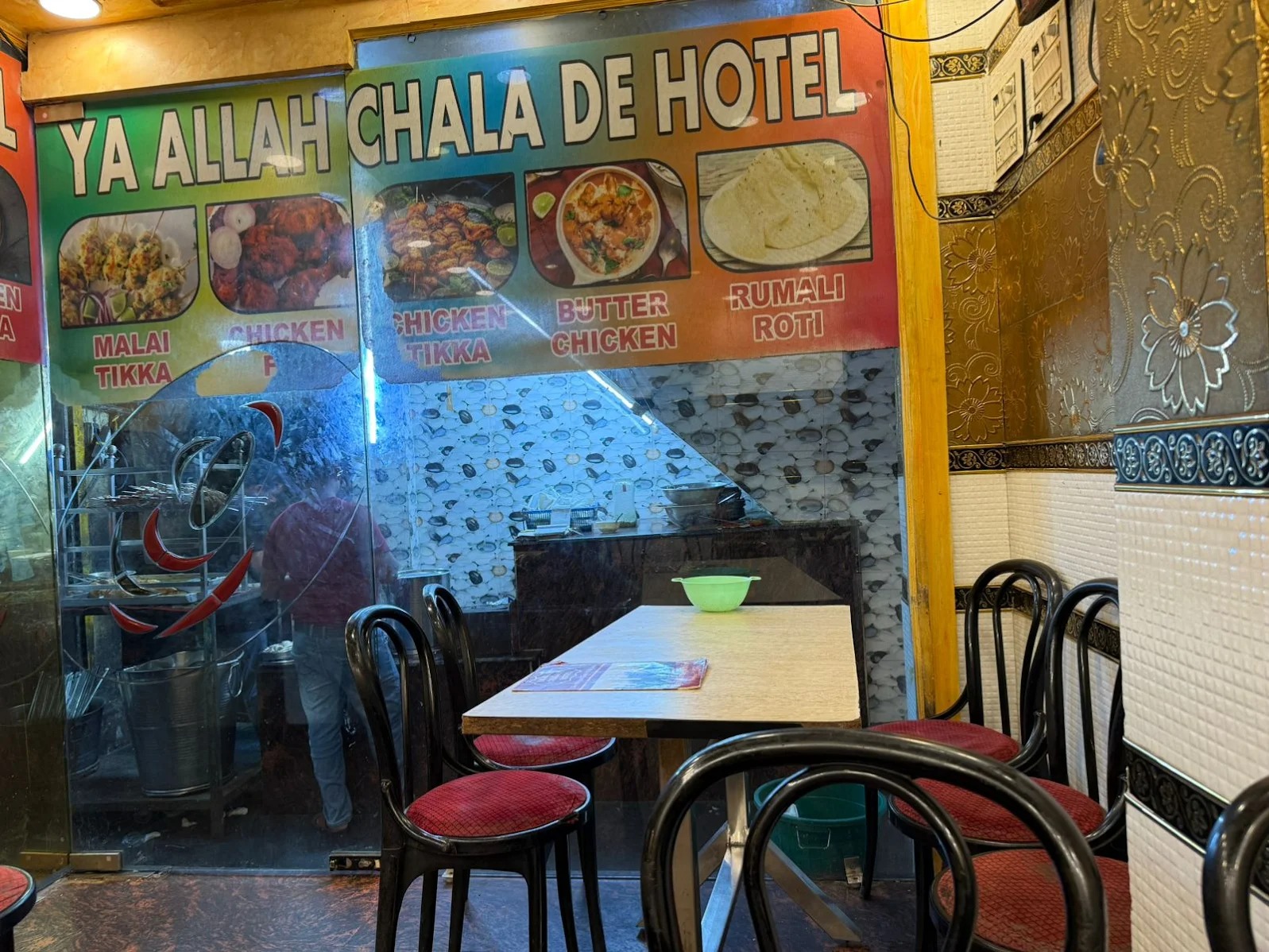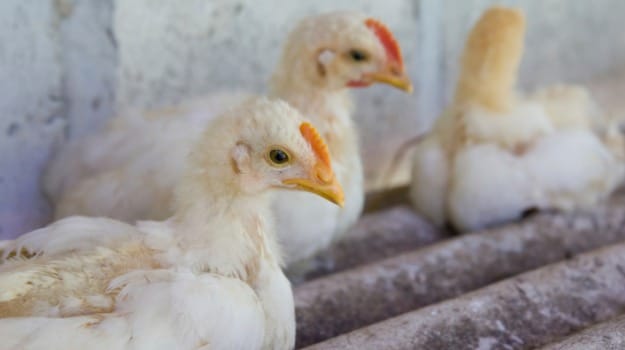Ministers asked France's health and safety agency to evaluate the strain's degree of danger to humans, Agriculture Minister Stephane Le Foll told reporters, insisting there was no risk of transmission by eating food. The outbreak comes just before demand for foie gras, produced from duck or goose liver, peaks over the year-end holiday season, but officials play down any impact.
"This virus has no effect as far as consuming poultry meat or anything that comes from poultry products is concerned - I am thinking particularly about foie gras since we are approaching times of high consumption," Le Foll told reporters.
Sales of French foie gras were worth around 2 billion euros ($2.1 billion) at the wholesale level last year. Several countries including Japan, Egypt and Hong Kong banned French poultry following past outbreaks of H5N1. Japan is the largest importer of French foie gras. It is the first case of H5N1 reported in the EU since outbreaks in Bulgaria and Romania detected in March.
A farm ministry official said a monitoring zone of up to a 10 kilometre (6.2 miles) radius had been set up around the site, encompassing several poultry farms. An annual monitoring check showed animals at two poultry farms in the region had developed bird flu antibodies without showing clinical signs of the disease. Tests were under way to see whether these were H5N1 ones, he said.
Highly pathogenic H5N1 bird flu first infected humans in 1997 during a poultry outbreak in Hong Kong. Since its re-emergence in 2003 and 2004, H5N1 has spread from Asia to Europe and Africa, causing millions of poultry infections, several hundred human cases and many human deaths.
However, the ministry official said first indications showed the strain found in France was different from the Asian one. France's largest poultry producer LDC dismissed the impact for the sector.
"Avian flu is part of our business. This is only one backyard and 30 poultry, and France is very well organised," LDC Chief Executive Denis Lambert told reporters.©Thomson Reuters 2015









